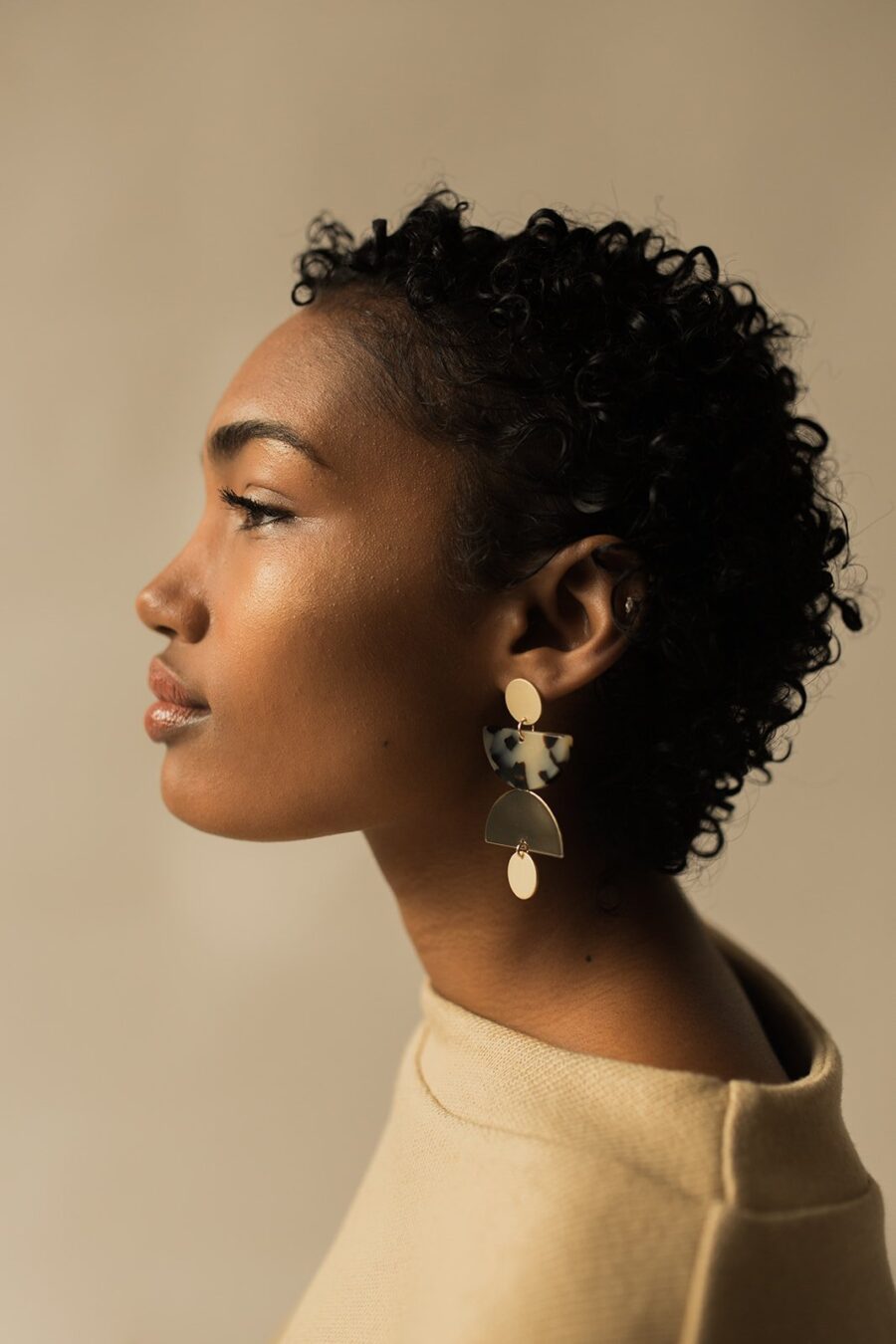
Why I Set A “Friendship Cap” On My Social Life
Quality Over Quantity
In an era where culture puts a value on Instagrammable friendships and digital platforms make it so easy to make friends, why are we experiencing friendship burnout?
As an Enneagram 2 and social butterfly, I get caught up in the excitement of always trying to meet new people. It feels like part of how to “make the most” of your 20s and 30s. After all, so many opportunities nowadays, whether professional or social, are about who you know.
When I first moved to the city I’m now living in, I remember being open to any and all friendships—it was like being a college freshman all over again. Not unlike speed dating, I was going to wine bars, taco Tuesdays, brunch dates, and you-name-it-activities trying to meet friends in my new city. I joined groups, signed up for volunteering opportunities, and expanded my social circle. Even when I wasn’t “trying” to make friends, I would meet new people through work, church, and mutual connections, and we would make plans to grab coffee or hang out on the weekend. Nothing about this was inherently bad; it was fun—but I was exhausted, and began to wonder if friendships were supposed to be this hard.
set healthy relationship Expectations For yourself
When I started struggling to keep up with texts between old and new friends, I knew that I was doing friendships wrong. I was putting quantity over quality, which made me wonder: why was I trying to make so many new friends? What was the point?
“I’ve found peace knowing that it’s okay to be conscious and selective about the friendships I devote time and energy to.”
Anyone who considers themselves a social person has asked themselves this question before. Maybe we want to have fun, cultivate a social life, or find “our people.” Yet I think all of us also know deep down that we can only maintain so many relationships and outings. We have a limited capacity for committed, deep friendships. Whether you met someone IRL or through an app, friendships take a lot of investment, intentionality, and willingness.
Just like being conscious about the clothes we wear, the products we use, and the way we live, friendships are no different. They bring light to life, and show us that we are part of a shared story; connection makes life meaningful. As I’ve reflected on this more, I’ve found peace knowing that it’s okay to be conscious and selective about the friendships I devote time and energy to.
We’re wired to have a limited number of friends—science says so.
Creating a “friendship cap” is the best thing I’ve done for my social life. This is not out of stinginess or selectivity, but as a way to further cultivate what matters and invest in my own personal wellbeing. In fact, keeping our circles tight is actually based on science.
In the 1990s, British anthropologist Robin Dunbar discovered what is now referred to as the eponymous “Dunbar’s number,” a cognitive limit to the number of friends that an individual can maintain stable social relationships with at one time. Dunbar calculated that based on our cognitive capacity (read: brain size), humans can only healthily maintain about 150 stable friendships at a time. Surprising, right?
“Science shows our strongest relationships are limited, regardless of how close we want to be with others.”
That base number (150), consists of our casual friends—people that we genuinely know and who know us. Dunbar informally described this as the group of people “you wouldn’t feel embarrassed about joining for a drink if you happened to bump into them uninvited at a bar.” But Dunbar’s number goes further. From there, he noted that most people can only have 50 close friends, which are the people you’d invite to a group dinner. Then comes the circle of fifteen friends that you can open up with a little more, turn to for sympathy, and who, generally, you stay updated on each other’s lives.
The last ring of friends are your closest ones—and Dunbar’s research suggests that only five friends make this cut. These are your bridesmaids, the friends you can call at 1 AM if you’re going through heartbreak, and the ones you would fly across the country for. They’re your best friends—and our strongest relationships, science shows, are limited regardless of how close we want to be with others.
How to Set And maintain a Friendship Cap
I’ve found that since I’ve let go of the notion of “having lots of friends” and focus instead on depth and longevity, I’ve been able to have more meaningful relationships. I no longer feel guilty, pressed for time, or spread thin. Instead, I’ve been able to be a better friend to my close-knit circle and more deeply invest in those relationships.
Saying “yes” to the friends you do want to invest in sometimes means declining coffee invitations. You may feel unfriendly at first, but it comes down to being selective and moving away from friendships that aren’t reciprocal. Above all, having a “friendship cap” and setting healthy expectations is meant to be liberating!
Do you have a “friendship cap”? How do you manage your friendships in a way that is both affirming and healthy?
RELATED READING
Alice is a California-grown writer thinking on the things shaping urban living, the modern woman, and living a conscious life of impact in light of a bigger world. A graduate of Northwestern University’s j-school, she spent time abroad working with a microfinance project in Peru before transitioning into a 9-5 in the global development sector. When she’s not daydreaming about opening a social impact coffee shop, you can find her traveling, plié-ing at the barre studio, or curled up with a good book. Follow her latest creative endeavors and musings at The Kind Citizen or on Instagram at @alice.zhng.
